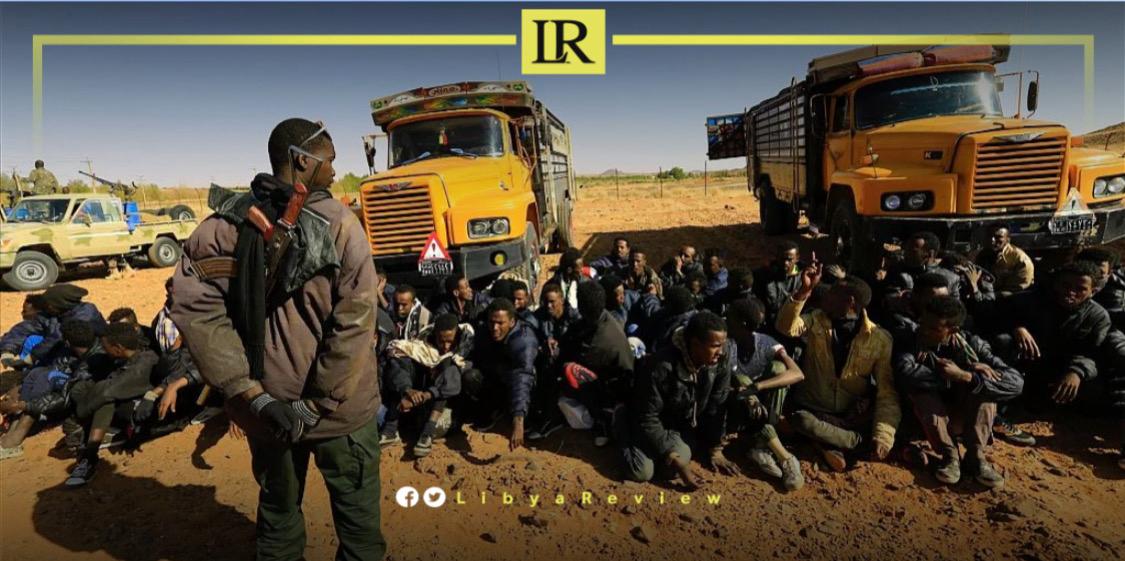The southeastern city of Kufra in Libya is facing an unprecedented humanitarian challenge as a significant number of Sudanese refugees flee across the border, seeking refuge from unrest in their homeland. The influx, primarily through the Kufra crossing, has overwhelmed local resources, leading to dire conditions for the newcomers.
Mohamed Younis, a prominent figure within the Sudanese community in Kufra and a lecturer at the University of Benghazi’s Kufra branch, has voiced concerns over the “miserable” conditions faced by the refugees. With a severe shortage of adequate shelter, many are forced to reside on unprepared farmlands and other unsuitable areas. Despite commendable grassroots efforts providing essential aid to around 2,000 refugees, the need far surpasses the available support.
The situation is further compounded by the Libyan National Army’s (LNA) distribution of aid to approximately 10,000 refugees, a gesture that, while significant, barely scratches the surface of the burgeoning crisis. Local Sudanese families, already settled in Kufra before the current conflict, find themselves hosting multiple displaced families, further stretching thin resources.
Abdallah Suleiman, the Spokesperson for the Kufra municipal council, highlighted the absence of specific measures from Libya’s divided governments to address the crisis. It leaves the municipality to grapple with the situation with its limited capabilities. An emergency committee has been established, but the challenges are daunting.
The refugee influx has triggered a threefold increase in rental costs in Kufra, with prices reaching up to 2,000 Libyan Dinars per month. Additionally, the town faces rising food and fuel prices amidst ongoing shortages, placing further strain on both the local and refugee populations.
Kufra’s ordeal is emblematic of the broader issues faced by Libya, a country still reeling from years of internal conflict and political fragmentation. The town’s struggle to accommodate the influx of refugees underscores the urgent need for a coordinated response from Libyan authorities and the international community to avert a deepening humanitarian disaster.
This situation also serves as a stark reminder of the lingering effects of regional instability on Libya, a country that has become a crossroads for migrants and refugees despite its own profound challenges. As the crisis unfolds, the plight of Sudanese refugees in Kufra is a pressing issue that demands immediate attention and action to prevent further suffering and instability in this already volatile region.


